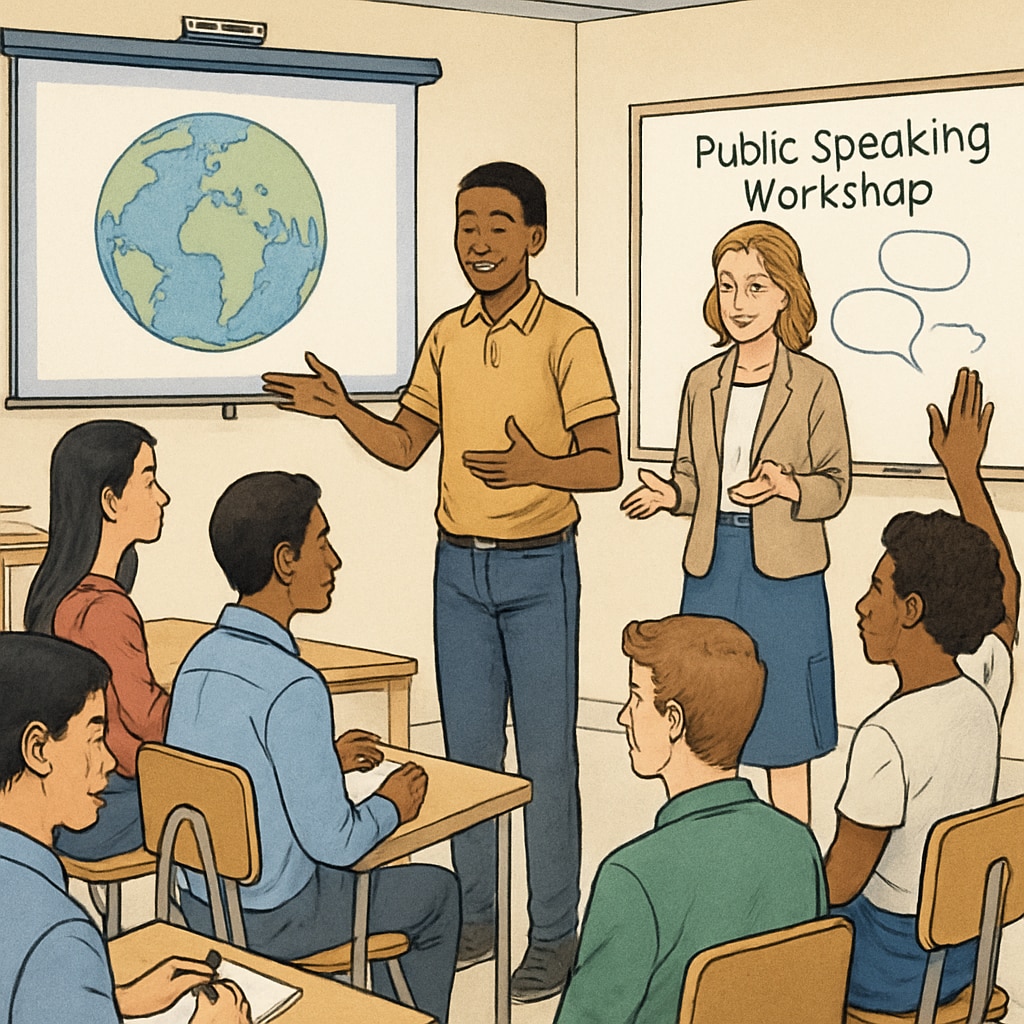Securing a spot in a U.S. master’s degree program often requires strategic planning and preparation well before the application process begins. For K12 students, this preparation can start as early as elementary school and continue through high school. With the guidance of experienced middlemen, such as study abroad consulting agencies (often referred to as “middlemen” or “intermediaries”), students and parents can develop a strong foundation that enhances their competitiveness when applying for programs such as a U.S. master’s degree.
In this article, we will explore key strategies to help students prepare for international education during their K12 years, focusing on academic planning, skill-building, and extracurricular activities. These efforts can make the process of applying for a U.S. master’s degree smoother and more successful.
Academic Planning for International Education During K12
Academic planning is the cornerstone of preparing for international education, especially when targeting competitive programs like a U.S. master’s degree. Starting early allows students to structure their coursework, choose the right subjects, and aim for academic excellence. Below are some essential steps for effective academic planning:
- Choose relevant subjects: Focus on STEM (Science, Technology, Engineering, Mathematics) or humanities subjects depending on your long-term goals.
- Maintain high grades: Consistently achieving excellent academic performance is crucial for standing out in applications.
- Advanced Placement (AP) courses: Enroll in AP classes that align with intended graduate study areas, showcasing your ability to handle rigorous coursework.
- Language proficiency: Develop strong English skills by taking standardized tests like TOEFL or IELTS early.
By carefully planning academics during the K12 years, students build a transcript that highlights their readiness and commitment to pursuing higher education abroad.

Skill-Building Beyond Academics
In addition to academic achievement, developing essential skills is vital for standing out during the application process for international education programs. Universities in the U.S., especially those offering master’s degrees, value applicants who demonstrate well-rounded abilities. Key areas for skill-building include:
- Critical thinking: Encourage analytical skills through debate clubs, research projects, and problem-solving activities.
- Leadership: Take on leadership roles in extracurricular activities or community service groups.
- Communication skills: Participate in public speaking events, essay competitions, and collaborative projects.
- Time management: Balance academics, extracurriculars, and personal commitments effectively.
These skills not only enhance students’ profiles but also prepare them for the challenges of higher education and beyond.

The Role of Extracurricular Activities
Extracurricular activities play an important role in shaping a student’s application for international education. They demonstrate interests, leadership qualities, and a commitment to personal growth. Activities that align with future goals, such as those related to the intended area of study, are particularly impactful. Here are some examples:
- Join clubs related to your field of interest, such as robotics, literature, or environmental science.
- Volunteer for community service projects that reflect your values and commitment to social impact.
- Participate in international competitions to showcase your skills on a global stage.
- Engage in internships or shadowing programs to gain hands-on experience.
Extracurricular involvement provides a platform for students to demonstrate their passions, making their application for a U.S. master’s degree more compelling.
How Study Abroad Agencies Can Help
While students and parents can handle much of the preparation independently, study abroad agencies offer valuable expertise to navigate the complexities of applying for a U.S. master’s degree. These agencies provide services such as:
- Guidance on choosing suitable universities and programs.
- Assistance with crafting compelling application essays and resumes.
- Support with visa applications and other legal processes.
- Advice on securing scholarships or financial aid.
By leveraging the knowledge and experience of these agencies, families can ensure a smoother journey toward achieving their educational goals.
In conclusion: Preparing for international education during K12 is a multifaceted process that requires academic planning, skill-building, and extracurricular engagement. With the support of study abroad agencies, students can enhance their profiles and increase their chances of successfully applying for a U.S. master’s degree. Early preparation lays the foundation for future success, enabling students to pursue their dreams with confidence.


